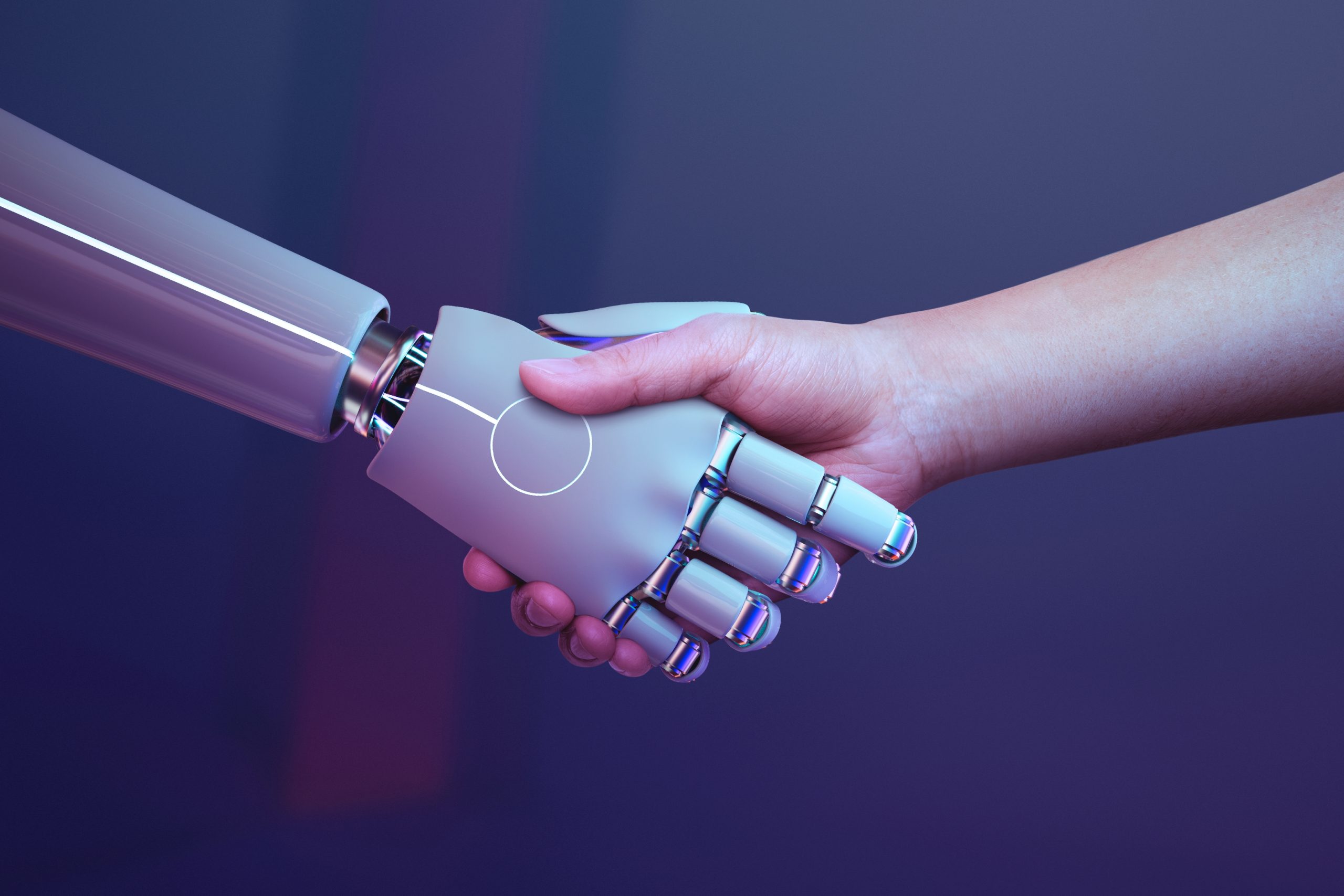
New trends in digital transformation: the digitalization of the future
11 March 2025Digitalization is a phenomenon that is radically changing businesses and society. Emerging technologies such as artificial intelligence, the Internet of Things (IoT), cloud computing, and blockchain are driving this change, optimizing business processes, improving customer experiences, and creating new growth opportunities.
What Are the New Trends in Digital Transformation?
Digital transformation refers to all the processes and technologies that are transforming the business world from “analog” to digital. Artificial intelligence (AI) and machine learning are at the core of this dynamic. The ability to process and analyze large amounts of data and obtain insights that improve operations, optimize customer experience, and facilitate service personalization, as well as the development of predictive capabilities useful in marketing and product positioning processes.
Other technologies, such as Robotic Process Automation (RPA), are used to automate repetitive tasks, improving efficiency and reducing errors. This allows companies to focus resources on more strategic activities.
The adoption of cloud-based solutions (cloud computing) enables companies to manage data and applications securely and at scale, reducing infrastructure costs and improving collaboration among teams, making business operations more flexible and responsive.
The Internet of Things (IoT) connects physical devices to the internet, allowing companies to collect and analyze real-time data, optimizing resource management and predictive maintenance of machinery, improving operational efficiency.
Blockchain, which is mainly used for cryptocurrencies, is applied across various sectors: thanks to its ability to guarantee security and transparency in transactions, it is well-suited to manage supply chains and smart contracts.
With the rise in cybersecurity risks, data protection has become crucial. Companies are investing in increasingly sophisticated cybersecurity solutions to defend against ever-evolving threats.
How is Digitalization Changing Businesses?
Digitalization in companies is deeply changing the way organizations operate. Companies are implementing software to manage daily operations such as enterprise resource planning (ERP), production automation, and logistics management. This makes processes more agile, transparent, and easy to monitor.
Digitalization has also fostered smart working, with the adoption of digital tools for communication and remote collaboration, increasing flexibility and improving productivity.
Furthermore, the use of AI for chatbots, service personalization through the analysis of customer data, and the introduction of digital channels for support has improved the customer experience, leading to increased customer loyalty.
Finally, companies are increasingly using data to make strategic decisions: big data and AI allow the analysis of large volumes of information to predict market trends, optimize operations, and respond quickly to changes.
What Future for Businesses?
The future of businesses will be increasingly digital. Emerging technologies such as AI, IoT, and cloud computing will continue to improve efficiency and transform business models, and those who do not adapt risk being left behind. Digitalization enables companies to reduce costs and improve productivity; it enhances the customer experience by making services faster, more personalized, and more responsive. It allows organizations to be more agile and ready to respond to market changes to innovate, operate on a global scale, and access new markets.
Digitalization is not just a trend, but a necessity for businesses that want to thrive in an increasingly interconnected world. New technologies will offer a future full of opportunities, but also challenges, for organizations that embrace change and innovate constantly.
Bologna Business School is always at the forefront of its educational offering, and digitalization is central to the School’s continuous innovation process.
The Professional Master in Artificial Intelligence and Innovation Management, a full-time 12-month program in English, sponsored by Lab Cini, a reference point for academic research in the IT sector, is a training path that, also thanks to its connection with CINECA, an inter-university consortium and home to the Leonardo supercomputer, targets young graduates wishing to become professionals capable of managing innovations.
The Executive Master in Technology and Innovation Management (EMTIM), a part-time weekend 12-month program in Italian, aims to train professionals capable of managing technological innovation, dealing with both technical and managerial issues.
The Executive Master in Artificial Intelligence for Business, a 12-month part-time hybrid program in English, is designed for professionals who want to acquire a solid set of skills focused on leveraging the potential of artificial intelligence in the business context.
Alongside traditional and innovative Masters (whether MBA, Professional, or Executive), BBS offers vertical courses focused on a specific theme.
The Open Program in Artificial Intelligence and Generative AI, part-time on campus in Italian, lasting 5 days, is designed to provide an in-depth and practical understanding of how generative AI can be integrated into business processes to improve productivity and accelerate innovation.
The Open Program in Technology & Innovation Management, part-time on campus in Italian, lasting 8 days, focuses on acquiring the necessary skills to address strategic, organizational, and operational issues related to innovation with a systemic approach.
From Professional Masters to Executive programs, and even more focused and specialized courses, BBS is the best starting point to explore the hyper-connected and fast-paced world of digitalization. It is the path to becoming a protagonist of change.
